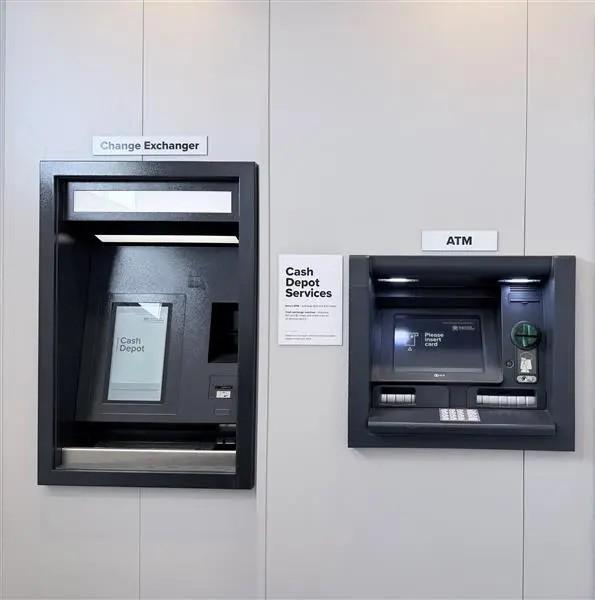The Office of the Australian Information Commissioner (OIAC) has launched an investigation into the 2023 HWL Ebsworth data breach. The law firm was infected by ALPHV ransomware in April last year, and the data that was stolen was eventually published on the darknet over a three-week period in June.
Sixty-five government agencies were affected, including Home Affairs and the Australian Federal Police (AFP). All were direct clients of HWLE’s legal and consulting services. A large number of private sector clients also had their data stolen.





